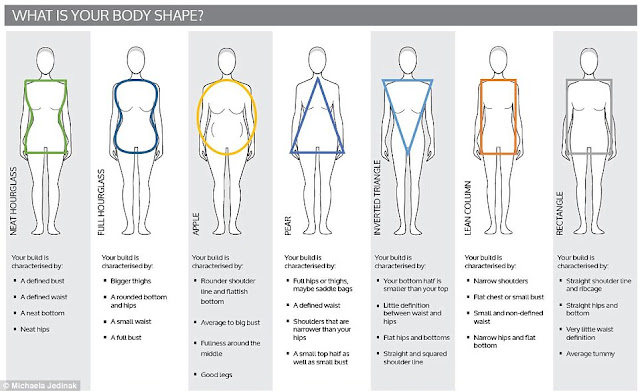Loneliness does not just break your heart. It also affects your goodnight sleep
Researchers from King’s College London found a link between loneliness and poor sleep quality in a study of more than 2,000 British young adults. Lonelier people were 24 per cent more likely to feel tired and have difficulty concentrating during the day.
Loneliness is defined by researchers as a distressing feeling that people experience when they perceive their social relationships to be inadequate. This is distinct from the concept of social isolation as people can be socially isolated without feeling lonely or feel lonely despite being surrounded by many people.
The researchers sampled data from the Environmental Risk (E-Risk) Longitudinal Twin Study, a cohort of 2,232 18-19 year-old twins born in England and Wales. They measured loneliness by scoring responses to four questions: How often do you feel that you lack companionship?, How often do you feel left out?, How often do you feel isolated from others? and How often do you feel alone?
They also measured sleep quality in the past month, including the time it takes to fall asleep, sleep duration and sleep disturbances, as well as daytime dysfunction such as staying awake during the day.
A proposed reasons for restless sleep in lonely individuals is the possibility that they feel less safe.
Overall 25-30 per cent of the sample reported feeling lonely sometimes, with a further five per cent reporting frequent feelings of loneliness. The researchers found that the association between loneliness and sleep quality remained even after they accounted for symptoms of mental health problems such as depression and anxiety, which are commonly associated with sleep problems and feeling lonely.
One of the proposed reasons for restless sleep in lonely individuals is the possibility they feel less safe, so the researchers examined the impact of past exposure to violence, including crime, sexual abuse, child maltreatment and violent abuse by family members or peers.
Researcher Louise Arseneault said that diminished sleep quality is one of the many ways in which loneliness gets under the skin, and the findings underscore the importance of early therapeutic approaches to target the negative thoughts and perceptions that can make loneliness a vicious cycle.




Comments
Post a Comment